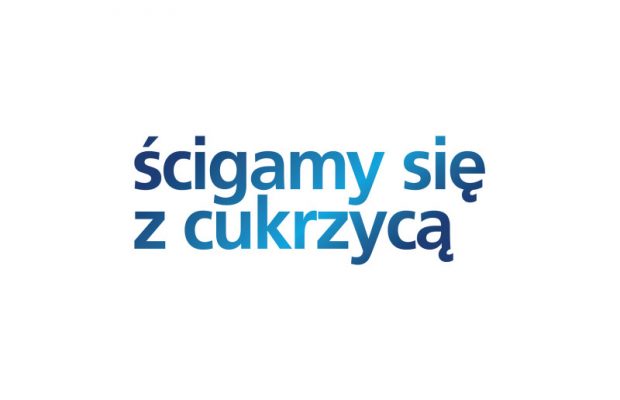The next edition of the 'Race Against Diabetes' campaign is being launched. Its aim is to educate the public about diabetes. This year, a number of informative and educational activities are planned: the re-edition of the report "Social Image of Diabetes", free blood sugar tests and the Great Diabetes Knowledge Test for employees of selected ministries, activities as part of the Tour de Pologne, and the celebration of World Diabetes Day. In view of the need to educate people about diabetes and its possible consequences and to raise awareness of the importance of systematic testing, the campaign will also include free blood sugar tests at selected Ministries. The tests will be accompanied by the Great Diabetes Knowledge Test, which will be an excellent opportunity to test the knowledge of the disease among those taking the tests. Questions will include how to prevent diabetes and possible complications. Participation in the test is anonymous and the results will be used for further educational activities. This year, for the second time, Team Novo Nordisk, a professional sports team made up solely of people with diabetes, will take part in the Tour de Pologne and compete against the best riders from around the world. A team of campaign ambassadors will also compete in the amateur race. Communication and event activities are also planned as part of the campaign. The organisers of the campaign want to emphasise that diabetes does not exclude active sport, and that patients who are physically active, follow a proper diet and follow their doctors' recommendations can fully participate in social and professional life and even achieve above-average sporting results - winning the race against diabetes every day. As part of the campaign, a public opinion survey was carried out to test Poles' knowledge of diabetes, comparing the results to the first edition conducted in 2010. So what do Poles know about the disease? Are they aware of its consequences and how to counteract it? How has their knowledge changed in seven years? It appears that our awareness of blood sugar testing has increased significantly. Just a few years ago, as many as one in five Poles had never carried out this type of test - now one in 10 of us does not. Knowledge of the effects of diabetes has also increased significantly - the most frequently mentioned effects are diabetic coma, diabetic foot, impaired vision and impaired eyesight. In a 2010 survey, almost 35 per cent of people were completely unaware of the answer to this question. Nowadays, we are also more aware of the symptoms of diabetes - according to those surveyed, the most common symptoms of diabetes are high blood sugar levels, a feeling of sleepiness during the day, and fatigue and weakness. As recently as 2010, as many as one in four respondents could not name any symptom of the disease, while now it is only about four per cent of us. "We are racing against diabetes" is a nationwide social and educational campaign initiated by patient organisations working on behalf of people with diabetes in Poland. The aim of the campaign is to draw attention to the problem of low public awareness of diabetes among healthy people who ignore the early symptoms, patients who, through poor diet, low physical activity and inadequate treatment, expose themselves to dangerous complications of the disease, and opinion leaders who fail to recognise the seriousness of the problem, resulting in a lack of long-term systemic solutions to combat diabetes. For more information on the campaign: http://scigamysiezcukrzyca.pl/

